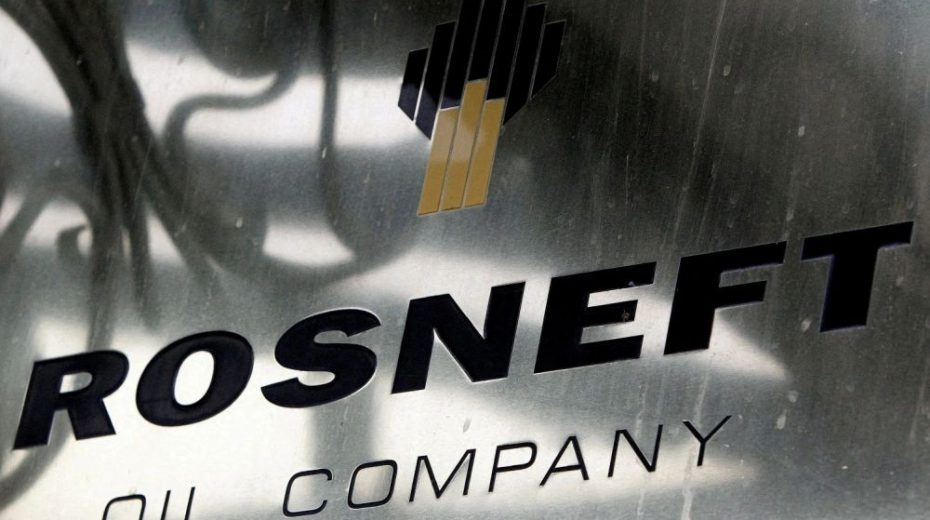
The US President Donald Trump has seemingly shifted gear in the US strategy to stop Russia on its tracks from creating new facts on the ground in Ukraine.
Throughout the extensive 1250-km frontline in Ukraine, Russian forces maintain a clear advantage, stretching Kiev’s defenses and resources beyond their limits—an edge that Western military aid appears unlikely to overturn anytime soon. Trump is driving Russia toward achieving a military triumph in Ukraine.
Until recently, Trump presented himself as a statesman deeply concerned about the humanitarian consequences of the conflict. Moscow tolerated this dramatic display, catering to Trump’s ego—until Putin dismantled the illusion last week by revealing that Trump holds the record for imposing the highest number of sanctions on Russia among US presidents, surpassing even Joe Biden.
Now adopting a more aggressive stance, Trump has rolled out a strategy aimed at escalating the conflict until Putin surrenders. He has widened sanctions to target Russia’s oil sector and is considering providing Ukraine with long-range Tomahawk missiles capable of striking deep within Russian territory.
The US Treasury Department’s announcement of new sanctions against Russia seems tailored to impact India specifically. India and China jointly absorb roughly 80% of Russia’s oil exports. Notably, China leads as the top importer with 60% of its oil delivered via pipelines, while India relies on shipments handled by Russia’s so-called “shadow fleet,” which now falls under new Western sanctions.
The statement declares, “The ultimate goal of sanctions is not to punish, but to bring about a positive change in behaviour.” This highlights that the measure is more about geopolitical maneuvering than just oil. Whether Trump will fully implement the oil sanctions remains uncertain, as excluding Russian oil risks driving up global prices—potentially hurting the US economy and politically disadvantaging Trump.
Putin’s initial response last Thursday branded the oil sanctions as an “unfriendly” act that “will have certain consequences, but they will not significantly affect our economic well-being.” He asserted confidence in Russia’s energy sector and stated, “This is, of course, an attempt to put pressure on Russia. But no self-respecting country and no self-respecting people ever decides anything under pressure.”

A filling station of Rosneft, Russia’s biggest oil company, which has been put under sanctions by the Trump Administration ( photo)
Meanwhile, Western duplicity has been laid bare as German Chancellor Friedrich Merz, a staunch war supporter, is now seeking Trump’s clemency on sanctions. Germany has been clandestinely purchasing Russian oil despite projecting a hostile stance towards Moscow, fearing its GDP could plunge another 3 percent.
Germany has also “temporarily” seized three Rosneft subsidiaries (already sanctioned by the US) to safeguard its energy supplies. Interestingly, UK Prime Minister Keir Starmer, leader of the so-called “coalition of the willing” eager to send troops to Ukraine to oppose Russian forces, is aligned with Merz in requesting a sanctions waiver from Trump.
This hypocritical conduct, tinged with racial undertones by Western nations, offers lessons for India. The effectiveness of new sanctions on Russian oil giants depends heavily on how rigorously the US enforces secondary sanctions on entities transacting with Russian oil. Historically, Washington has struggled to maintain such pressure, especially since rising oil prices tend to force it to relent.
In practice, due to relaxed enforcement, Russian oil will remain present in global markets. Countries like India that reduce imports from Russia will face steeper costs. By meekly adhering to Trump’s demands, they have sacrificed their interests, fostering a humiliation strong enough that Delhi avoids engaging directly with Trump.
Regarding the proposed long-range Tomahawk missiles (range: 3000 km), Putin responded diplomatically but directly, stating, “This is an attempt at escalation. But if such weapons are used to attack Russian territory, the response will be very serious, if not overwhelming. Let them think about it.”
Deputy Chairman of the Security Council Dmitry Medvedev expressed the Kremlin’s viewpoint bluntly: “The US is our enemy, and their talkative ‘peacemaker’ has now fully embarked on the path of war with Russia… this is now his conflict, not the senile Biden’s!… the decisions made are an act of war against Russia. And now Trump has fully sided with the insane Europe.
“But there is also a clear plus in this latest swing of the Trump pendulum: we can strike all the Bandera hideouts with a wide variety of weapons without regard to unnecessary negotiations. And achieve victory precisely where it is only possible: on the ground, not at a desk. Destroying enemies, not concluding meaningless ‘deals’ ”.
It appears the message was received. Before departing for Malaysia on his three-nation tour, Trump ensured his special envoy to Russia, Steve Witkoff, invited Kirill Dmitriev, CEO of the Russian Direct Investment Fund, to Miami for discreet discussions. The two former businessmen met today.
Meanwhile, anticipating his upcoming meeting with Chinese President Xi Jinping in Kuala Lumpur on Saturday, Trump hinted he might not proceed with his threatened 100% tariffs on Chinese products or other trade restrictions starting November 1, in response to China’s expanded export curbs on rare earth magnets and minerals. China’s firm approach seems to be yielding results.
Similarly, the Kremlin’s clear warning about retaliating against Tomahawk strikes will be taken seriously. Putin has many options—for example, the Oreshnik missile, capable of Mach 10 speeds, is a hypersonic, nuclear-capable missile against which Western defenses are ineffective. It has entered serial production and is already deployed to the armed forces.
Additionally, Russia’s new jet-powered glide bomb offers a remarkable extension of range and strong resistance to electronic warfare measures. It can strike Ukraine’s western border and is also heading toward mass production. The West currently lacks effective countermeasures.
Original article: www.indianpunchline.com




